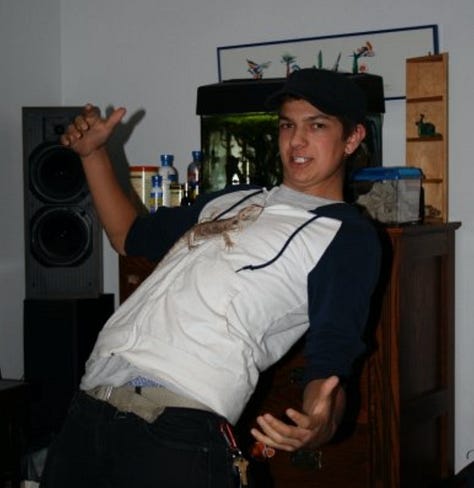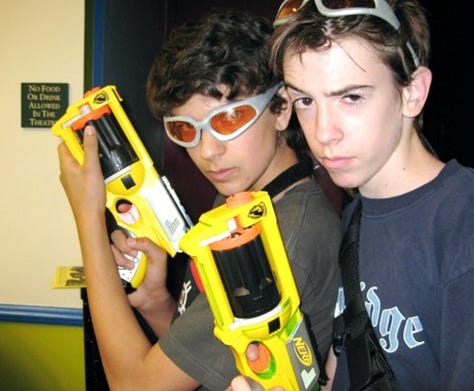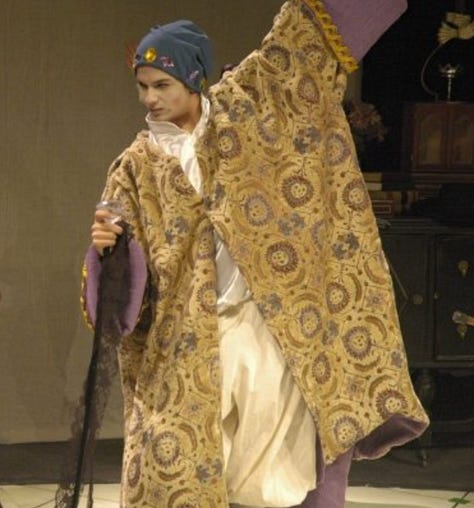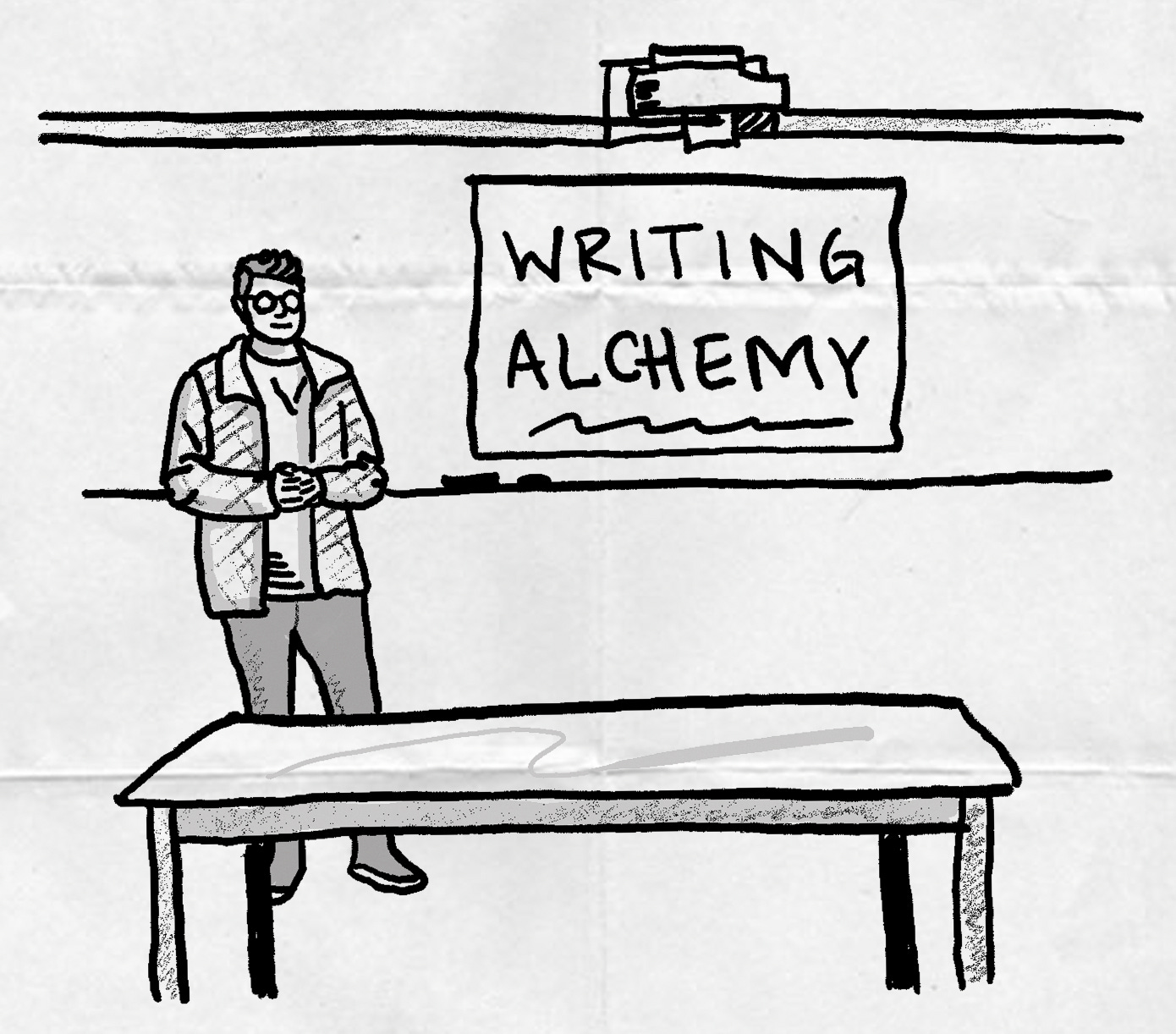Two weeks ago, Writing Alchemy—an academic writing class that I designed around developing a journaling practice—came to a conclusion. For many students, and myself, the experience was game changing, but not necessarily in the ways I expected.
On the second to last class, I put my cards on the table: “The big idea,” I said, “is to experience how writing can be more than a product you turn in for a grade, but a process to help you clarify and strengthen your thoughts, opinions, and arguments.” And it was. But it was also much more.
(To read more on the class’ inception, see my previous post: “Writing Alchemy”)
The first journaling exercise we explored was from Julia Cameron’s The Artist Way: “Morning Pages.” In The Book of Alchemy, Suleika Jaouad describes the practice as “three longhand, stream of consciousness pages” that you write “upon waking… before your inner critic is roused.” Unfortunately, our class started late in the morning when our inner critics were wide awake and on guard. Nevertheless, my students got in the groove, and by the end of class they were amazed that they wrote three whole pages in one sitting. Many had never done so before.
(For lack of a picture of the class/me teaching, here’s one I drew ↑)
Outside of my class, students in the program had to make a Shark Tank-style pitch for a product of their own design. And so, each essay-prompt pair we explored from The Book of Alchemy lead to discussions and writing activities to support it. For example, Jon Batiste’s “The Glorious Awkwardness,” about an embarrassing encounter with Beyoncé and Jay-Z not only served as a fun opener and icebreaker, but a model for using creative techniques like sensory detail, scene building, and narrative voice, to address the audience (or clientele) for their products, and craft hypothetical scenarios for its use.
We also read the essays, “If You Really Knew Me” by Noor Tagouri, and “The Thing You Can’t Stop Doing” by Connie Carpenter Phinney, among others, in discussing structure, embedding research, and the power of storytelling in making an argument. But one that I want to highlight is Martha Beck’s “Reawakening Your Original Genius.” At the end of the essay, her prompt goes something like: Write about something you tried to learn that didn’t interest you; recall the feeling in your body. Then, write about something you enjoyed learning; recall the feeling in your body.
Two of the most memorable conversations I’ve had with students emerged from this journaling exercise. The first was about the power of finding a personal connection to whatever it is we are doing or writing about, and to the question of how, my students answered: journaling, and connecting to the process. The second was about the rising anti-intellectualism they face in school.
In the essay, Beck references a 1968 NASA study on “creative genius,” that determined only 2% of adults, while 98% of young children, fit the category. Beck writes, “the researchers blamed the school system for pushing, shaming, and punishing children out of their own interests.” However, my students in 2025 did not blame their schools, but their peers.
When I was their age (circa 2009), there were “nerds,” of course, who were teased for their intellectual interests and academic dedication. In many ways, I identified as one: a theater kid, a band geek, a try hard. But it wasn’t entirely uncool to be a nerd, or so uncool that I felt I had to hide that part of me (perhaps that was because I was fortunate to go to a rather nerdy art school). My students, however, expressed fear for showing that side of themselves, and described being bullied harshly for it.
I’m thinking now of the rise of anti-intellectualism in our politics, and the way AI is setting a uniform standard for how students think writing “should sound” and their fear to stray from it… (More on this in a future post.)
For now, I want to share one success of Writing Alchemy: that it became a space in which all could feel safe to nerd out.
Beck’s essay also laid the groundwork for my students’ final project: an essay of their own (applying various techniques we’d covered, of course) on any subject they’d like. “Really?” they asked me. “Anything?”
“Like, I could write about Five Nights at Freddy’s lore,” one student said.
“Sure, why not?” I said.
“I could write about Love Island?”
“Sounds interesting.”
“I could write about Roblox?”
“Absolutely.”
They wrote theses, gathered research, made outlines, journaled through each section, drafted by hand, and applied creative writing techniques. Mostly things they’d done before, but for many it was the first time they did so for a topic they cared about.
The real alchemy was in taking ownership of their writing, and allowing themselves and each other to get nerdy with it.
(For lack of a photo of anything relevant, here are three of the nerdiest photos of me circa 2009 ↓ *Shout out to Sam Clark for rocking the Nerf + Nerf Goggles ensemble with me)



As I mentioned above, for many students, this experience was game changing. But not for all. One student comes to mind who expressed feeling blocked as soon as he put pen to paper. Writing for him didn’t organize or clarify his thoughts, but scramble and stall them. After trying different exercises, and talking to him, I threw my “big idea” out the window and started asking him questions. Together, we found, that through conversation, he could collect his thoughts much more easily, so we developed a process of self-conversation, that he could record and transcribe.
Then it occurred to me—that’s what journaling is: a conversation with yourself that you transcribe in real time.
Meanwhile, I observed that during our breaks there was a distinct lack of conversation. Students took to their phones, and the room went quiet. But when we journaled, the room erupted with conversation. At first, my instinct was to ask them to be quiet and complete the exercise. Then I realized that the conversations were just as important as the writing. They were alert, focused, and present. Journaling was not just helping them think, or plan their projects, but to connect with each other.
Lastly, an update on the program at large: In my last post about it, I mentioned that its federal funding had been cut, however, I misspoke when I described the program as almost being cancelled. Since then, I learned that while the funding was cut, there remains enough for the current class of students to complete it (at least, in part). For now, there will be no future classes who receive these unique experiences. But the amazing educators in charge will gather data, and I am hopeful for a future in which they can rebuild the program and fully realize its potential. In the meantime, I am grateful to have been a part of it.



So inspiring! It's sad how inhibited students feel. You gave them themselves...what better?